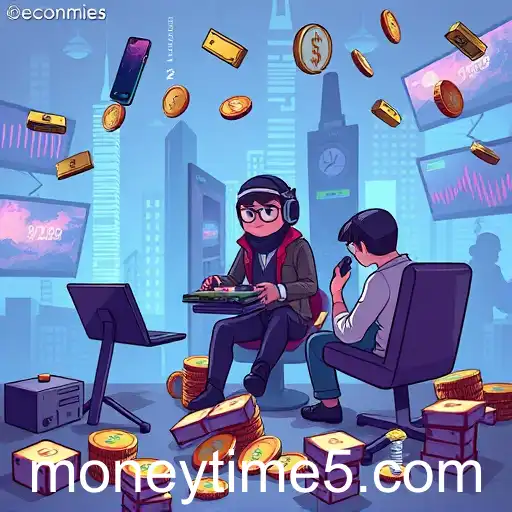
Exploring the evolution of virtual economies and their impact on gaming and real-world financial systems.
In recent years, the concept of "money time" has taken on new significance in the gaming world, as economic systems within virtual environments have grown increasingly complex. Among the forefront of these developments is the rise of virtual economies, often seen in massively multiplayer online games and virtual worlds.
From the early days of bartering in simple games to today’s intricate marketplaces and use of cryptocurrencies, gaming economies have matured substantially. This evolution mirrors real-world financial systems, with in-game currencies often reflecting real-world economic principles. The trading and accumulation of in-game assets have become crucial components of gameplay, influencing players’ engagement and strategy.
The line between virtual and real economies continues to blur, illustrated by recent trends where players earn a living through gaming activities. Platforms like Twitch and YouTube, alongside e-sports competitions, have created financial opportunities for gamers globally. Meanwhile, the incorporation of blockchain technology and non-fungible tokens (NFTs) into games introduces a new dimension of ownership and value exchange.
With this dynamic integration, regulatory bodies and industry experts are increasingly scrutinizing these virtual economies. Questions surrounding taxation, intellectual property rights, and ethical concerns are rising as virtual economies gain legitimacy and influence beyond their digital origins. How these issues will be resolved in the coming years remains to be seen, but it is clear that the virtual economy phenomenon is a significant trend in both the gaming industry and broader financial landscape.
Observing these trends, it becomes evident that understanding the nuances of virtual economies is essential not only for gamers but also for stakeholders across industries. The "money time" within virtual environments is shaping how future generations perceive wealth, trade, and digital interaction, heralding a new era of economic engagement.




